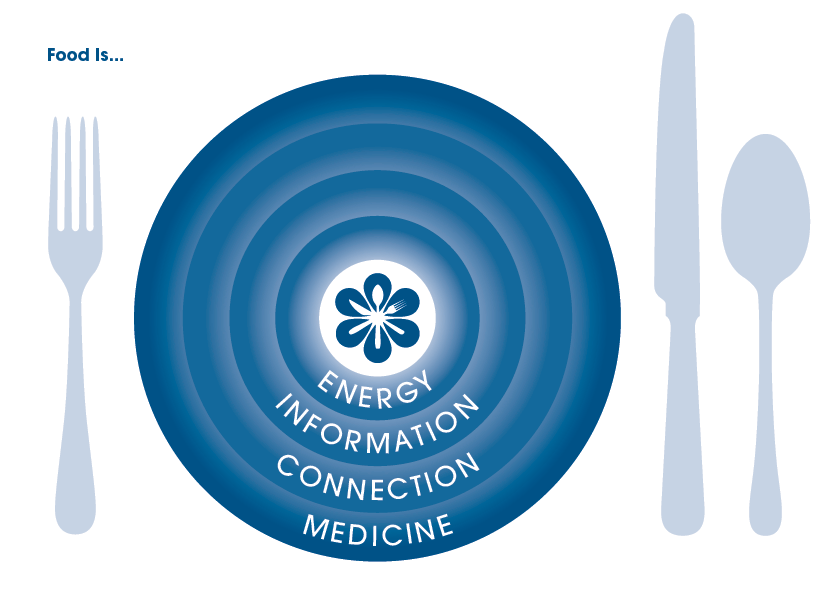When you hear the word TRAUMA, what comes to mind?
According to the American Psychological Association (APA), trauma is “an emotional response to a terrible event like an accident, rape, or natural disaster.”
However, as humans, we can register trauma just in how we PERCEIVE ANY experience as being physically or emotionally threatening or harmful.
A common example we all have gone through at some point in our lives is being teased or publicly embarrassed. Also common, being betrayed, rejected or neglected by someone we trusted. Another example would be witnessing violence or your parents arguing. Even disturbing movies, the news or something you caught on the internet may register as trauma. The list goes on and on…
Some call these less obvious trauma examples: ‘micro-traumas‘.
When an experience is perceived as trauma – severe or micro – the brain and body will naturally respond.
Received in our consciousness, the brain (the amygdala section of the limbic system) and the nervous system are activated and we naturally turn on the sympathetic “fight or flight” response which is a primal survival mechanism designed to keep us safe and alive. It’s protective.
From a physiological level, stress signals make their way through various systems of the body – effecting how we think, act, our heart rate, hormones, circulation, digestion, elimination, metabolism, respiration, the immune system…everything.
And this is where imbalances start to surface.
Left unprocessed, the imbalances remain in the body. The body will then compensate for this ‘energy interference’ because it’s literally interrupting the natural flow and balance of the body.
When this happens, we can experience the manifestations of trauma – even if the “thing” that happened might be considered “no big deal” by most people.
So the body/mind does whatever it can to adapt – to work around the trauma until it’s processed and released – otherwise the physical, mental and/or emotional compensation will continue – and it may even progress and get worse.
I’m going to be sharing a lot more about this – especially on more of the energetic/spiritual level in future posts…
But let’s just start with considering the possibility that when you experience either:
- physical imbalances – weight, hormones, any other symptoms or health issue
- mental/emotional imbalances – addictions, negative behaviors, mood disorders, altered brain function, etc..
..that the “ROOT-ROOT CAUSE” of any of these manifestations might possibly have more to do with unresolved trauma and compensatory patterns than you realize.
In the case of weight issues and disordered eating behaviors – two areas I work with quite a bit – the client will come to a nutritionist like me wanting more eating structure – a “balanced and sustainable diet”.
I provide nutrition guidance, of course, BUT…
If you don’t work on the level of root-root cause – that which created the imbalances to begin with…
- How likely are you to truly heal?
- How likely are you to stick with the eating plan long-term?
- How EASY will it be to slip back into old familiar compensatory behaviors that help you feel better and cope?
- If your body has used fat storage (lowered metabolic rate/thyroid function, insulin/blood sugar dysregulation, binge eating – whatever) as it’s compensation for trauma – and you now add the stress of desperately focusing on food, restricting your food and exercising more, do you think your body will magically fall in line with your plan? (It may have in your younger years – but this doesn’t fly as we get into midlife and beyond – TRUST ME! The body won’t have it!)
The trauma compensation pattern is still there like a festering wound….you’re just slapping a meal plan and food rules over it like a band-aid.
I say this all the time, but weight issues/overeating IS NOT ABOUT THE FOOD!
Well, maybe it’s a little bit about the food, but that truly is the easiest part of the journey for most of the ladies I work with – especially those who are ‘weight loss resistant’ or ‘yo-yo-ing’ – who KNOW what to do and may even be doing ‘all the right things’.
Which is why I do what I do on the life-coaching/intuitive healing side of things too…
And the good news is, you don’t need to re-live your trauma – but you DO need to make the connections – see them, process and release them – and patiently love yourself through it.
THEN you can choose to shift into new awareness and alignment with your desired state of being along with the appropriate behavior changes that feel right for you.
Then you’re in a much more rock-solid place which will allow you to come back into balance – where the body feels safe and does what it’s designed to do – once again.




